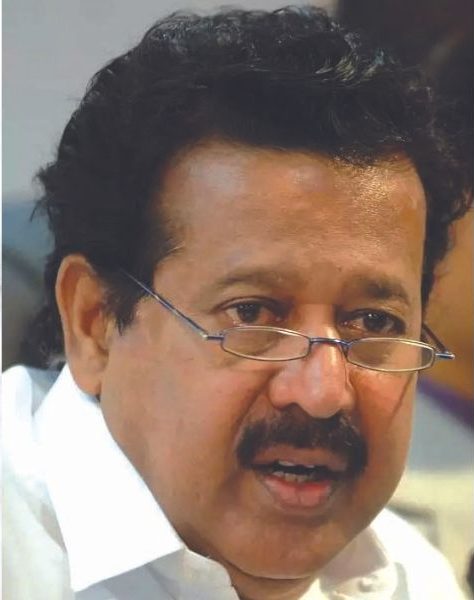Shivani Chaturvedi (Chennai)

The announcement by the University Grants Commission (UGC) of the Central Universities Entrance Test (CUET) as mandatory for admission into all undergraduate programmes of the country’s 45 highly-prized Central universities from the start of this academic year 2022-23, has provoked strong opposition in Tamil Nadu (pop.79 million). The state’s political class across the spectrum and academics have strongly opposed CUET on the ground that it favours privileged students from urban backgrounds and will deprive underprivileged and rural students from accessing Central universities and their blue-chip affiliated undergrad colleges such as St. Stephen’s, Shri Ram College of Commerce, Lady Shri Ram and Miranda House.
In a statement issued on March 23, K. Ponmudi, the state’s higher education minister, said: “The CUET exam will adversely affect the opportunities of impoverished students from the state. Just like NEET students from rural and poor backgrounds, they will also be denied admission for lack of coaching through professional entrance coaching institutes. This will lead to students not being able to get admission into prestigious colleges like Jawaharlal Nehru University and other Central universities like Hyderabad Central University.”
Ponmudi’s strong criticism of CUET is rooted in the state’s united opposition to the National Eligibility-cum-Entrance Test (NEET) — the sole exam for entry into the country’s medical colleges. For the past five years since NEET was introduced in 2016, the state government has been fiercely opposing the test for disadvantaging students from its 37,500 Tamil Nadu Board of Secondary Education (TNBSE)-affiliated schools.
Resistance to common entrance exams is not new to the state. In 2006, the M. Karunanidhi-led DMK government repealed the common entrance exam for admission into the state’s professional (engineering and medical) colleges. Since then, admission has been on the basis of class XII exam scores of students. Every year, 850,000 students pass the class XII TNBSE exam.
“CUET is bad news for TNBSE students especially from rural areas who can’t afford professional coaching, which has now become mandatory to succeed in any national competitive exam. When NEET was introduced, there was a spurt in the number of coaching centres offering prep courses. The same will happen now. If at all we want to bring in a common entrance exam, it should be localised, state-based rather than a national entrance system,” says Prof. Nagarajan, the Tirunelveli-based national secretary, All India Federation of University and College Teachers Organisation.
Recommended: CUET-UG: Common mode of admissions for all educational institutions?
Academics in the state are also infuriated that the CUET exam will be based on textbooks published by the Delhi-based National Council for Educational Research & Training (NCERT) to which the country’s 26,054 CBSE-affiliated schools are wholly committed. Although officially autonomous, NCERT and CBSE are subsidiaries of the Union education ministry in Delhi. On the other hand, most states including Tamil Nadu publish textbooks through their own SCERTs (State Council of Educational Research & Training) which although they follow NCERT’s National Curriculum Framework guidelines, include considerable local content, especially in history and social science subjects.
“Admission into Central universities is open to students from across the country. Then, why is CUET based on NCERT syllabus and textbooks? This is unjust and unfair to not just TNBSE students but also students from other state board affiliated schools,” says J. Gandhiraj, chemistry professor, Vivekananda College, Chennai.
Yet while there is some substance in these arguments, a growing minority of educationists in Tamil Nadu advocate upgradation of academic standards within the state’s 37,500 TNBSE-affiliated schools as a long-term solution. Comments M.J. John Arokia Prabhu, vice president of the Tamil Nadu Private Schools Association: “The government is opposing entrance tests such as NEET and CUET to hide its own failure to upgrade academic standards in its public schools. It’s well-known that these schools lack infrastructure and teacher accountability, which leads to poor student learning outcomes. Instead of opposing every national entrance test, the government needs to focus on improving quality of education, syllabus and textbooks so that our children are equipped to succeed in national competitive exams,” says Prabhu.
Meanwhile, the consequences of CUET — peremptorily announced on March 21 without debate and discussion with state governments and stakeholders in education — are becoming manifest.
Also Read:Tamil Nadu: Learning enthusiasm























